The Benefits of a Community Garden
Community gardens are vibrant spaces that bring together people of all ages and backgrounds to cultivate plants, share knowledge, and create a sense of belonging. These gardens offer many advantages for the environment, our health, and society as a whole. Let's explore the many benefits of a community garden.
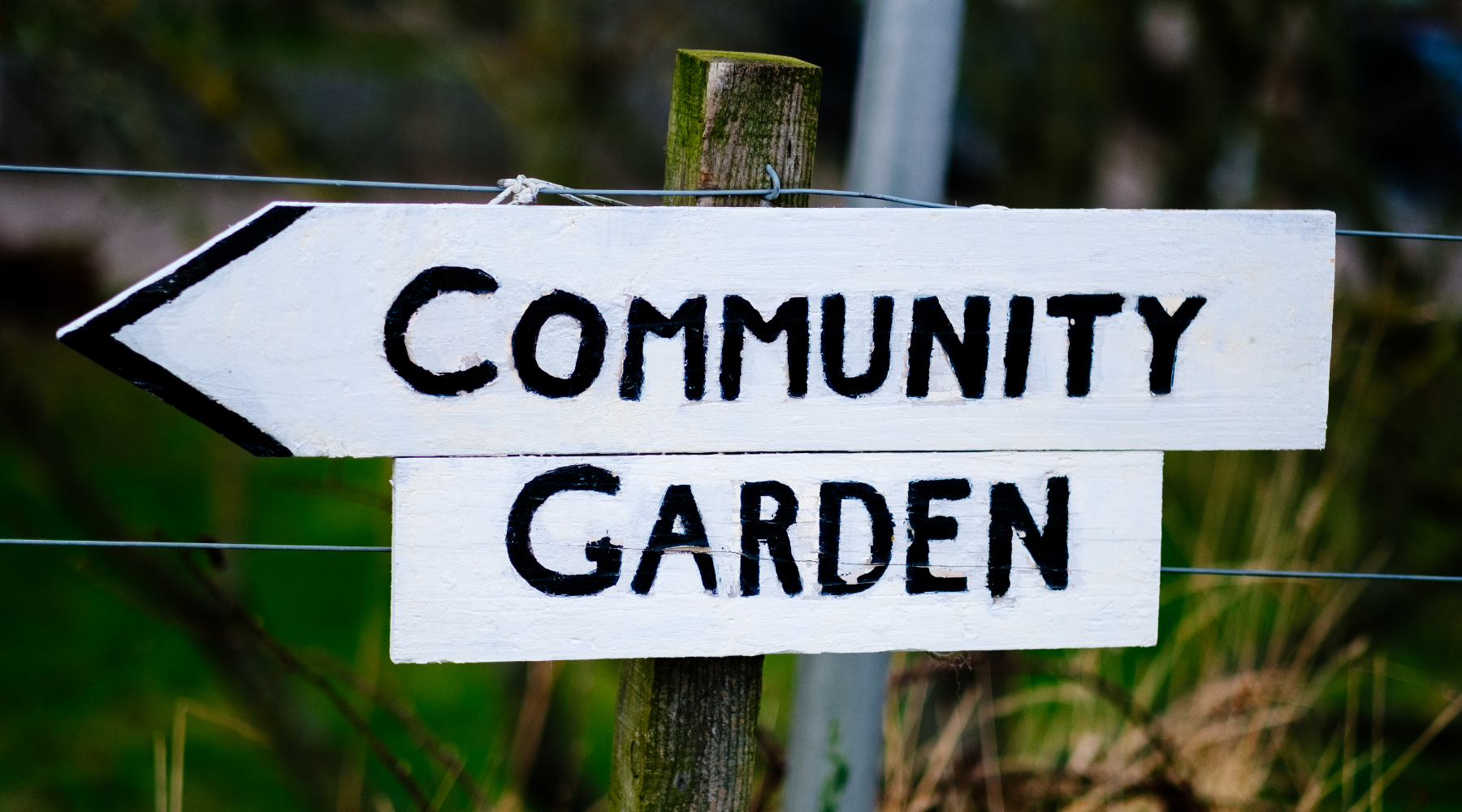
Benefits of a Community Garden
1. Environmental Benefits
Biodiversity Preservation
Community gardens are bustling ecosystems that support a wide variety of plants, insects, and birds. By growing a diverse range of plants and flowers, these gardens contribute to the preservation of biodiversity, offering habitats for pollinators like bees and butterflies, which are crucial for the pollination of many crops and wild plants.
Improved Air and Soil Quality
Plants in community gardens play a vital role in filtering pollutants and dust from the air, improving overall air quality. Additionally, gardening practices such as composting enrich the soil, promoting healthy plant growth and restoring nutrient balance to urban soils often stripped of their fertility.
Reduction of Urban Heat Island Effect
The greenery in community gardens helps lower surface and air temperatures in urban areas. Vegetation and shaded areas reduce the urban heat island effect, making cities more livable, especially during hot summer months. This is only going to be become more important with the impacts of global warming.
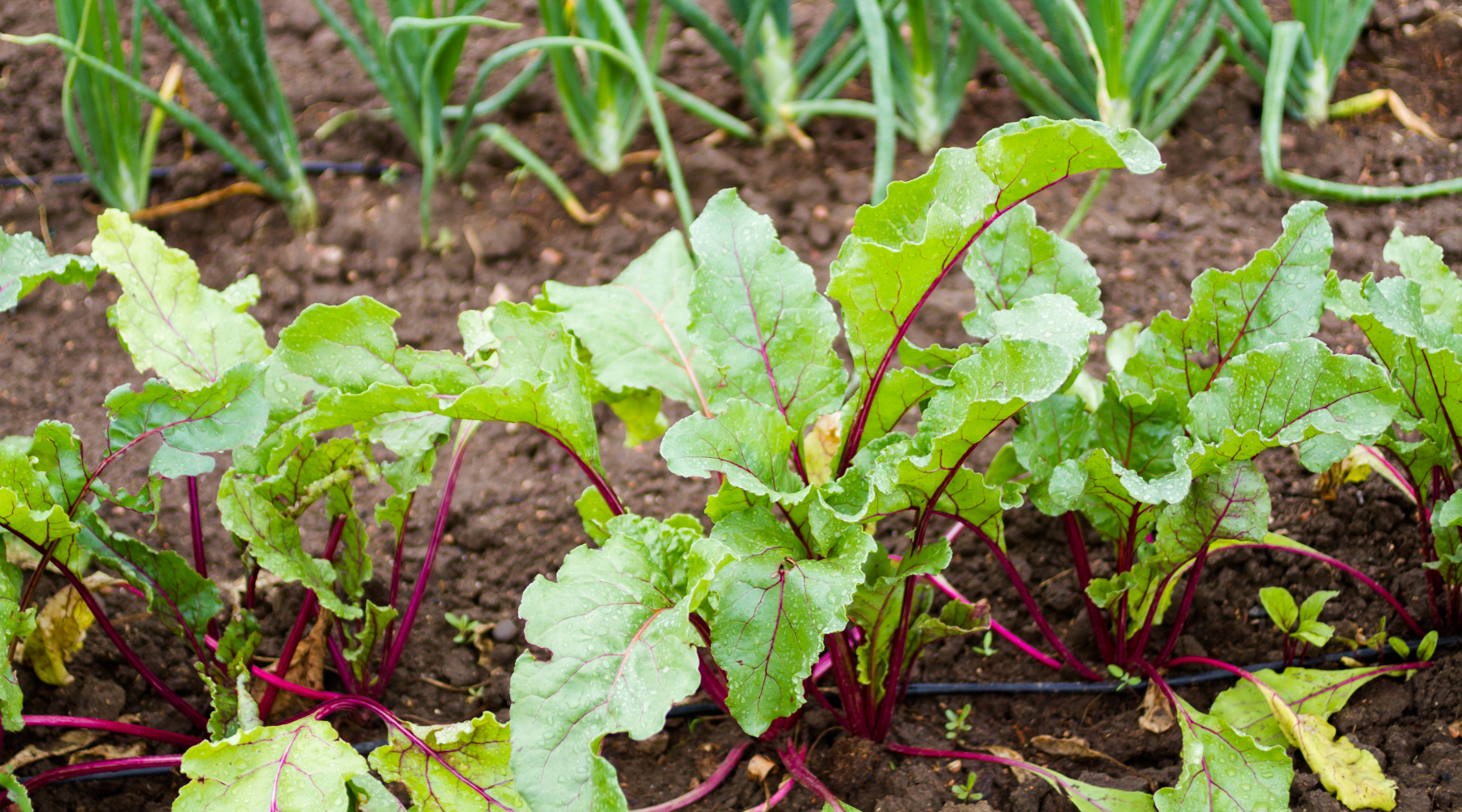
2. Health Benefits
Nutritional Health
Community gardens offer fresh, nutrient-rich produce to local residents, often at a lower cost than supermarket prices. Access to fresh fruits and vegetables can lead to improved nutritional health, particularly in urban areas where access to affordable healthy food options may be limited.
Mental Health and Well-being
Gardening is a therapeutic activity that can reduce stress, anxiety, and depression. The act of nurturing plants, being outdoors, and engaging in physical activity contributes to improved mental health and emotional well-being. Community gardens also provide a peaceful retreat from the hustle and bustle of city life.
Physical Activity
Working in a garden involves a range of physical activities, including digging, planting, weeding, and watering. This can contribute to improved physical health.
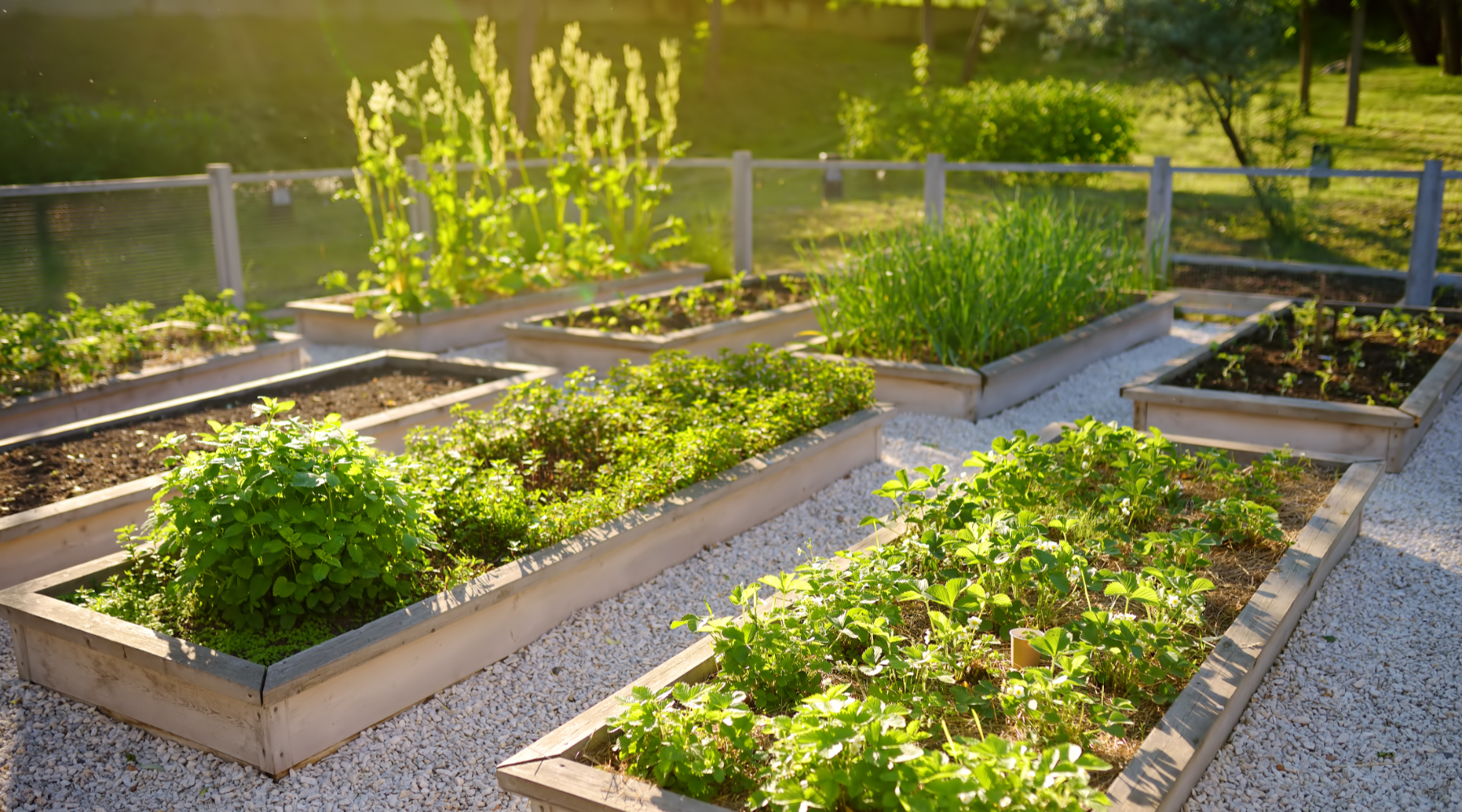
3. Social Benefits
Community Building and Social Inclusion
Community gardens are powerful tools for community engagement and social inclusion. They bring together people from diverse backgrounds, fostering social interaction and creating a sense of community. Gardening activities can help break down barriers and build friendships.
Education and Skill Sharing
Community gardens serve as outdoor classrooms for people of all ages, offering hands-on learning experiences about gardening, sustainability, and environmental stewardship. They provide opportunities for experienced gardeners to share their knowledge with others.
Food Security
Community gardens contribute to local food security by enabling residents to grow their own produce, reducing dependence on distant food sources and therefore reducing carbon footprints. This not only ensures access to fresh food but also enhances resilience against disruptions in food supply chains.
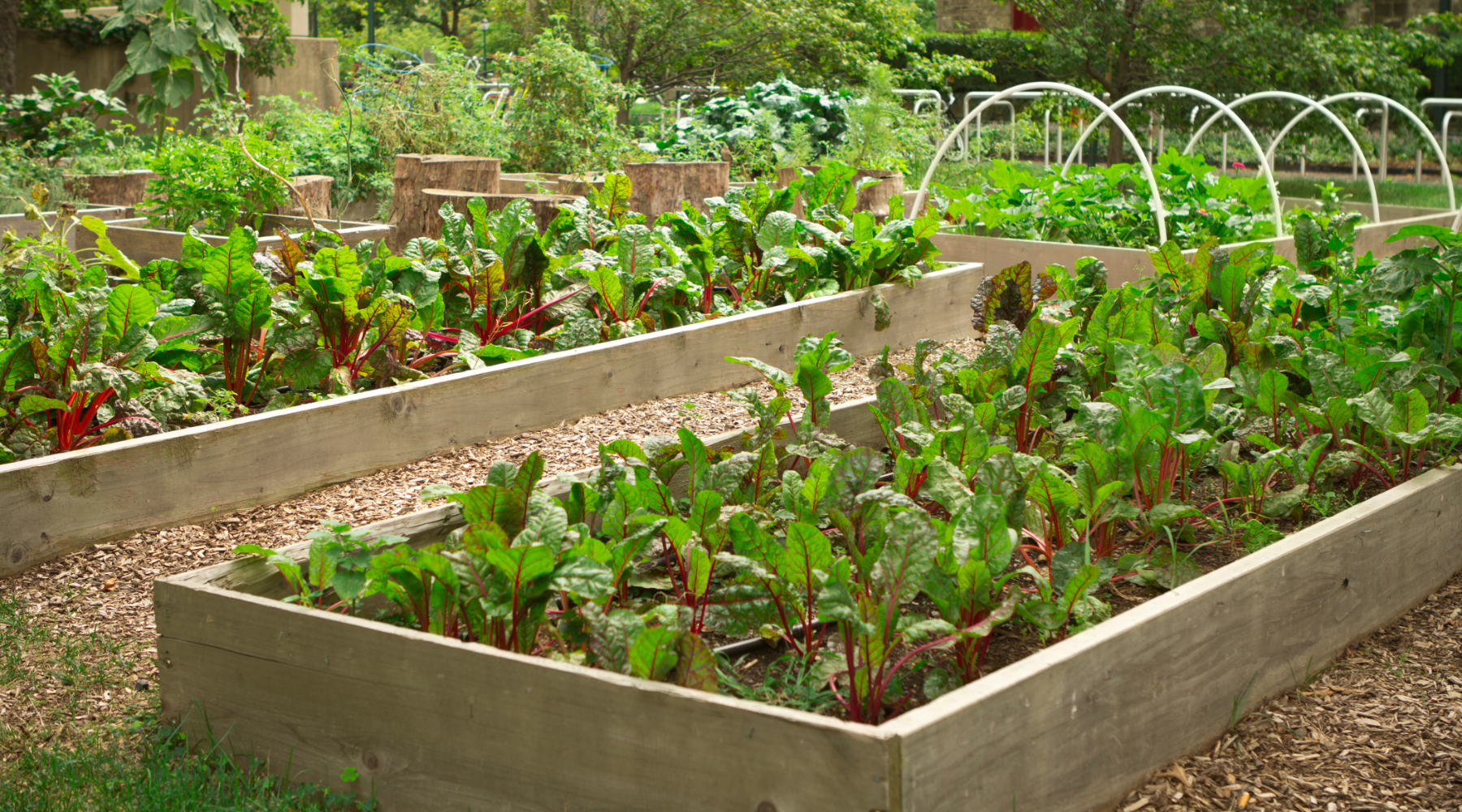
4. Economic Benefits
Reduced Grocery Bills
Growing your own fruits, vegetables, and herbs can significantly reduce grocery bills. Community gardens offer a cost-effective way for individuals and families to access fresh produce, making healthy eating more affordable.
Improves Neighborhoods
The presence of a well-maintained community garden can enhance the aesthetic appeal of a neighborhood. Green spaces are attractive features that can draw positive attention to an area.
Community gardens offer many benefits to the people that take part in them, as well as the wider community. More than just plots of land for growing plants; they offer extensive benefits to the environment, health, society, and economy. Whether you're a novice gardener or have a green thumb, our plants and flowers shirts are the ideal accessories for gardening and celebrating your love for all things plants!
Photo: @lyssacouture





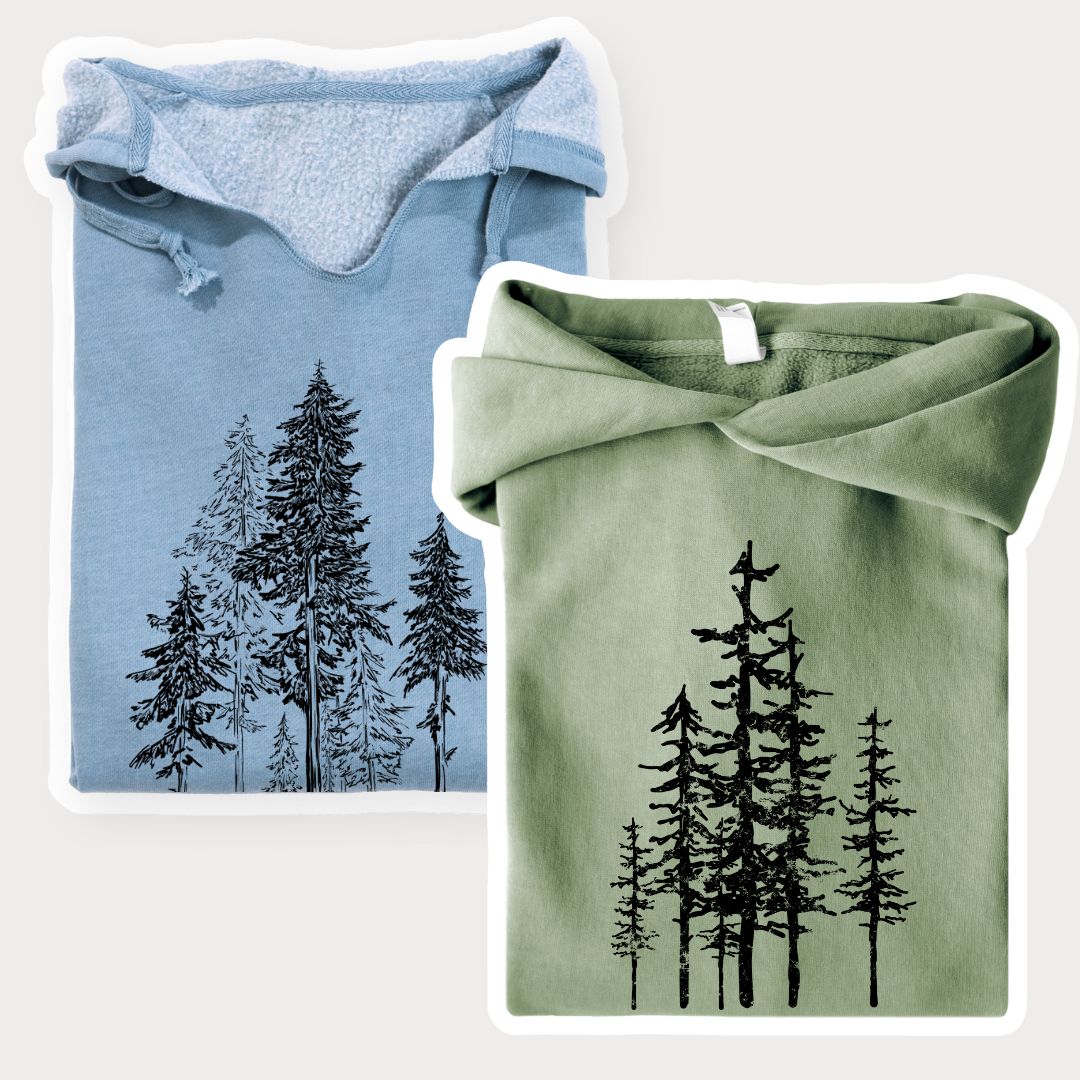






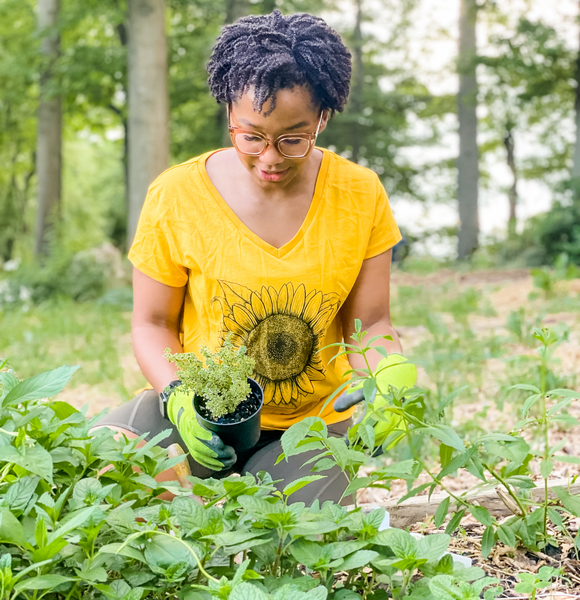



Leave a comment (all fields required)